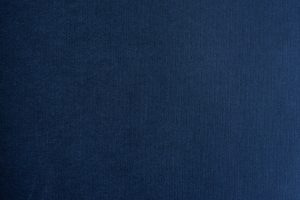Don’t Let The Winter Sun Catch You Off Guard
As the northern hemisphere heads toward winter, the sun’s angle is lower in the sky. From the point of view of being indoors, the sun may seem to be ‘peering’ straight into your home, office or vehicle.
What this means is that when you sit in a room or vehicle with unprotected glass windows or doors, the space is not only receiving an abundance of light, but also an abundance of its ultraviolet (UV) rays which lead to skin damage and may ultimately become skin cancer.
The sun also contributes to interior fading, mainly from the ultraviolet portion of its solar radiation. UV-fading is a gradual process that is not readily noticed, but over time, UV fading can be a serious long-term problem and cause damage to expensive furnishings.
In addition to UV damage, the glare from low winter sun may cause uncomfortable living and working environments, leading to lost productivity as individuals try to get away from the sun’s glare. In homes and buildings, such as offices and schools where computer screens are vital to both work and learning, glare can be a real issue as it reflects off the screens. If nothing is done about it, UV may lead to eye irritation and even cataracts from exposure to this part of the sun’s energy.
But the main unseen danger to occupants in a building is skin cancer. The sun’s UV radiation passes through unprotected windows and onto any surface, including the skin and eyes. UV is a leading factor in the development of skin cancers as the face, head and neck (where most skin cancers occur) tend to remain exposed in winter months. UV rays are ever present and can penetrate clouds, even when less sunlight can be seen. In winter, when the sun is lower in the sky, there may be even more direct sunlight (and therefore UV rays) entering a building as the eaves and roof
Similar to how the sun’s energy contributes to fading of furnishings over time, skin damage is cumulative, adding up with each exposure, much like a parking meter. Eventually it hits the danger zone. About 3.3 million Americans are diagnosed with skin cancer each year, according to the American Cancer Society.
By having window film professionally installed on unprotected glass, there will be year-round benefits for the consumer, not only in the winter months, but all year-round. Installing window film on a building or vehicle is a cost-effective solution to reduce glare, UV-fading and heat gain, and it may be completely unobtrusive.
